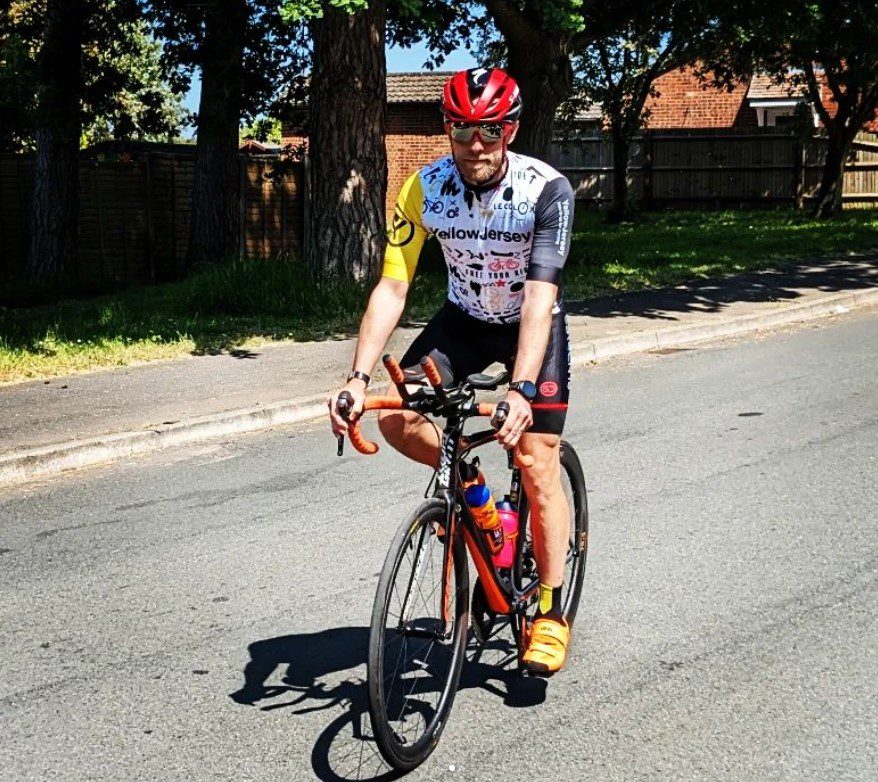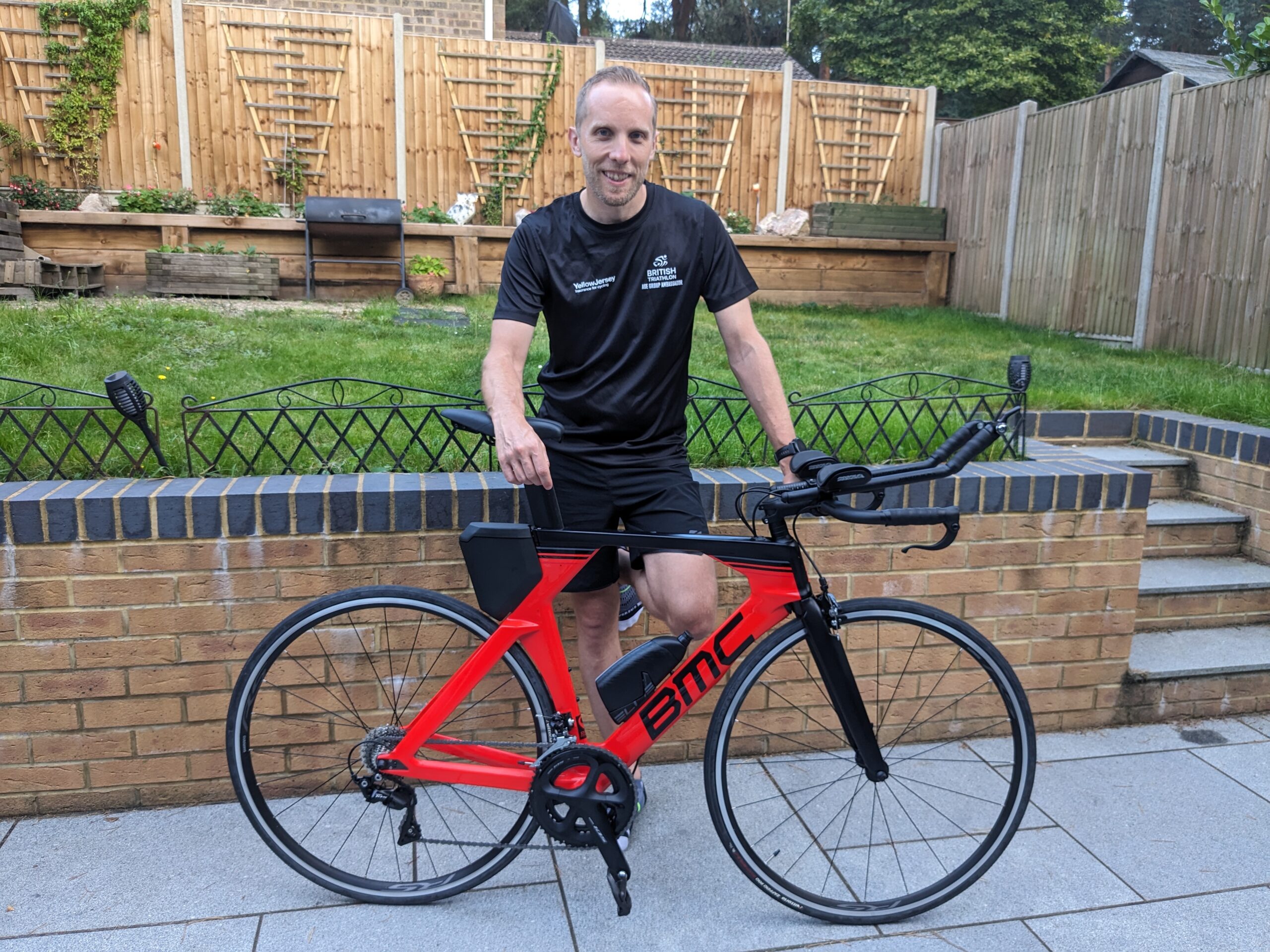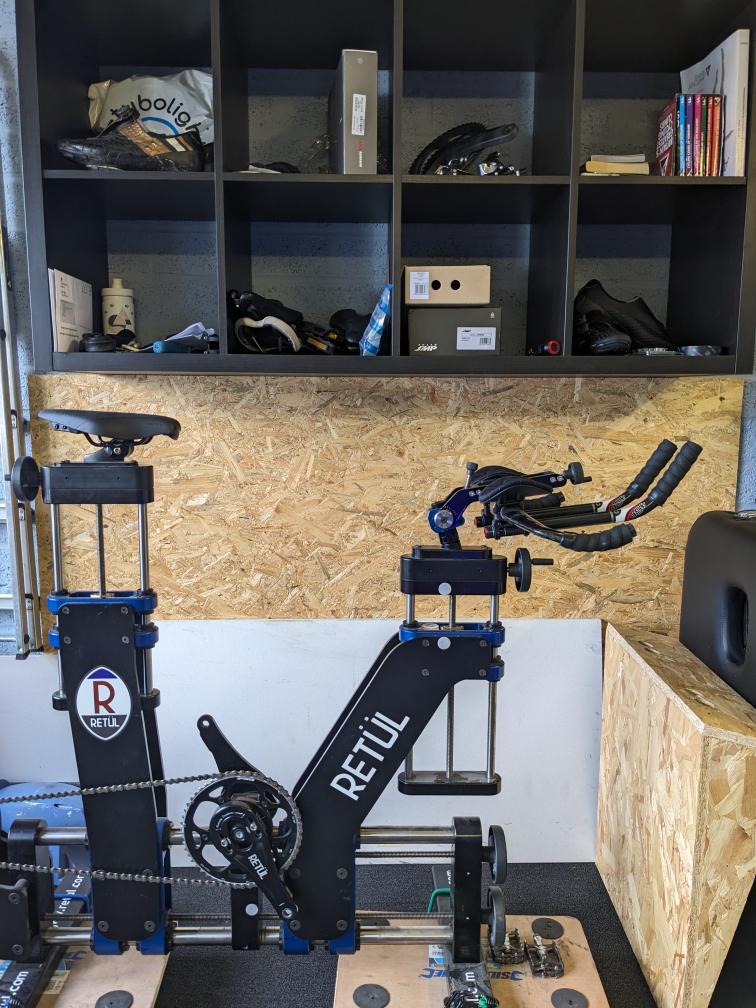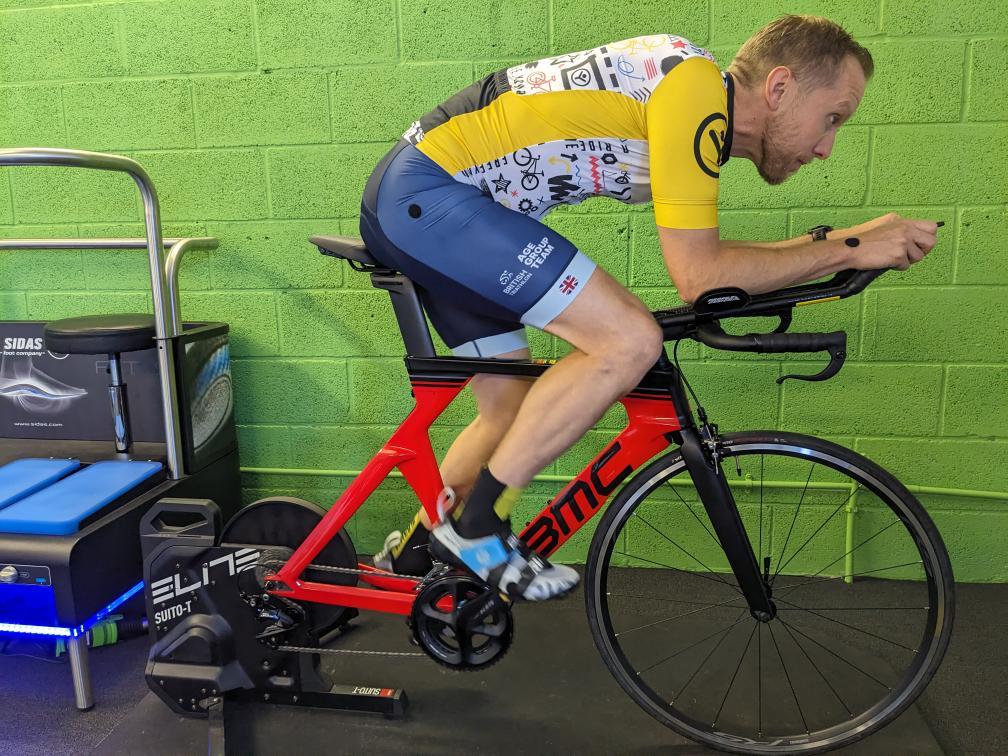Top tips for choosing a TT bike

So, the typical journey of the triathlete involves the following,
Completing your first race on a borrowed or second-hand bike. It doesn’t fit properly, lots of people pass you but you have a great time so think, ‘I need a new bike….’
You purchase a road bike and quickly enter the world of upgrades and aero gains. ‘I’ll just get some new wheels; oh, and maybe a lighter group set and definitely some clip on aero bars.’
You continue to race on this bike, making upgrades and adjustments and you begin to notice that, during a race, these stealth-like, ninja triathletes pass you on these sleek machines that look a bit like your bike but different…. welcome to the world of time trial bikes!
You begin to research and think, could this be the final piece to the jigsaw of nailing your bike split?
A TT bike is designed for speed. In simple terms, they tend to have a steeper seat tube angle and a more aggressive position resulting in aerodynamic gains and increased speed. The position also engages the quadriceps to supply the power and saves the hamstrings so you can then smash the run off the bike.
I have been racing age group races for the past 5 years on a road bike with clip-on bars. At times, I’m sure I have been the only person in a race not on a TT bike but being cautious (aka tight with my money) I have been deliberating when I would get a TT bike for some time. However, this year (and the backdated NHS pay award) meant that this year would be that time! I thought I would share my experience and tips in choosing the right bike TT bike and pass on some first-hand experience.
TT Tip 1
Focus on the engine first, by that I mean you: your legs, heart lungs etc. Having a TT bike is not a silver bullet that will suddenly see you being able to hold 400 watts and crushing all in your path. Take time to build your cycling strength, handling skills and experience before going full TT.
Talk to others. Triathletes and cyclists like nothing more than talking about the equipment they have, have had or going to get so use the experiences of those you trust to get an idea of what bike might be suited to you. Also, you may have a great local bike shop, tri club and coaches that will also help you in the information gathering process. Don’t be afraid of striking up a conversation in transition (though ideally not during the race) and asking others about their bikes.
TT Tip 3
Set a budget and make it a realistic budget. There are other costs involved in buying a bike, other than just…buying the bike. Save part of the budget for accessories, e.g. pedals (though they’re more essential than most accessories!), bottles, power meter etc. Also, make sure there is money left for a proper bike fit, as if it’s not set up correctly even the most advanced bikes will not be beneficial to your race times. I decided to go for an entry level version of the bike as it made it more cost effective so I could then get a better quality bike fit and have the potential to upgrade parts of the bike over the years to come

TT Tip 4
Test ride. Take the potential bike for a ride, most shops can offer this service. Some brands/models just suit the individual and others don’t; it is good to know this before you splash out and then get stuck in an unhappy TT marriage.

TT Tip 4
Once you have purchased your little bundle of joy, get that bike fit! To be fast, you need to be comfortable and there is also no point in losing all important watts by not having the bike set up properly. Again, do your homework about who to get your bike fit with and the services they offer. I am lucky to have Velo Clinic close by and Callum there is an absolute wizard in setting you up on your new bike. The fit should involve a detailed analysis of your body and cycling style to establish ranges of motion and any biomechanical issues. From there, you will be on the bike for further analysis, measurements and adjustments to get the new stead in full race order. Also, make sure your shoes/cleats are checked and adjusted to suit the new set-up.

TT Tip 5
Take some time to get used to it. The new aggressive positioning will feel different and at times plain uncomfortable as your body adjusts so take the time to get used to the position, and don’t make your first ride a race. You may find some gym work or exercises could help with this transition to the new position and again this should be covered during your bike fit.

TT Tip 6
Get a bike that matches the colours of your kit because we all want to be colour co-ordinated right?………Hang on, scrap that, get a bike with brand new colours so you have an excuse to buy a whole new wardrobe of kit 😊
TT Tip 7
Get protected! Did you know that Yellow Jersey can insure your TT bike anywhere in the world and include crash damage cover whilst in the hands of the airline, in transition and also whilst racing? Click here for a triathlon bike insurance quote
Yellow Jersey also provide triathlon travel insurance which is designed to cover emergency medical expenses, trip cancellation, trip abandonment, repatriation, as well as many other benefits.
Better still, all British triathlon members and age Group triathletes get discounted rates on Yellow Jersey insurance policies.
For more info or a bit of help , give their friendly customer support team a call on 0333 003 0046. They’re not a big call centre so getting through to them is easy!
Click here to learn more about Yellow Jerseys partnership with British Triathlon and don’t forget to check out our article on our BTF x Yellow Jersey ambassador program
Good luck and see you in transition for a chat soon.





